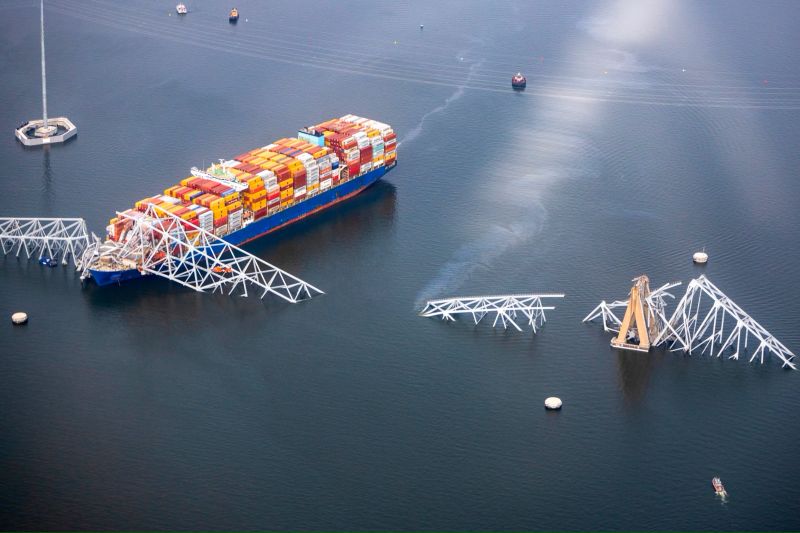Covid-19 exposed the fragility of global supply chains. It made supply chain resilience a priority for national and corporate leaders. The list of challenges confronting the global supply chains continues to be long – from geopolitical tensions and conflicts to natural disasters, terror attacks, piracy and industrial accidents.
The conflict in Ukraine disrupted global food, energy and mineral supply chains. The attacks by Houthis has disrupted shipping in the Red Sea, forcing global shipping lines to take longer and costlier trade routes. UNCTAD estimates that transit through Suez Canal has decreased by 42% from its peak. Droughts have halved the capacity of Panama Canal, the lifeline between the Atlantic and the Pacific. Geopolitical tensions and cyber security concerns continue to weigh on the minds of logistics and supply chain leaders.
The collapse of Francis Scott Key Bridge into the Patapsco River on 26th March has temporarily halted all shipping traffic to and from the crucial port of Baltimore. This could have a cascading effect on global automotive and energy supply chains. A massive cargo ship collided causing the 1.6 mile bridge to crumble – plunging cars and people into the water and obstructing shipping lanes.
Baltimore, a major city in Maryland, USA is an important port for automotive and energy trade. It handles 0.85 million autos, light trucks and farm & construction machinery. It is a key import hub for vehicles from China and Japan.
Baltimore accounts for over a quarter of US seaborne coal exports, which make up about 1.5% of global coal trade, as per Moody’s analytics. It will impact the export of steam coal to India, EU, Egypt and Canada as well as metallurgical coal to Japan, China, South Korea, parts of Europe, Argentina and Brazil. It will also impact the import of refined petroleum products, chemicals and fertilizers.
For new/proposed logistic corridors, challenges abound. China’s Belt and Road Initiative (BRI) is facing many challenges. China-Pakistan-Economic Corridor (CPEC) and Gwadar port have witnessed two major attacks over the last few days. The strategic and political costs of CPEC continue to grow. India Middle East Europe Corridor (IMEEC) announced with much fanfare at the G-20 meet may be delayed owing to geopolitical tensions in the Middle East.
Over the last few years, global organisations have been revisiting and testing their logistics, supply chain and business resiliency plans.


